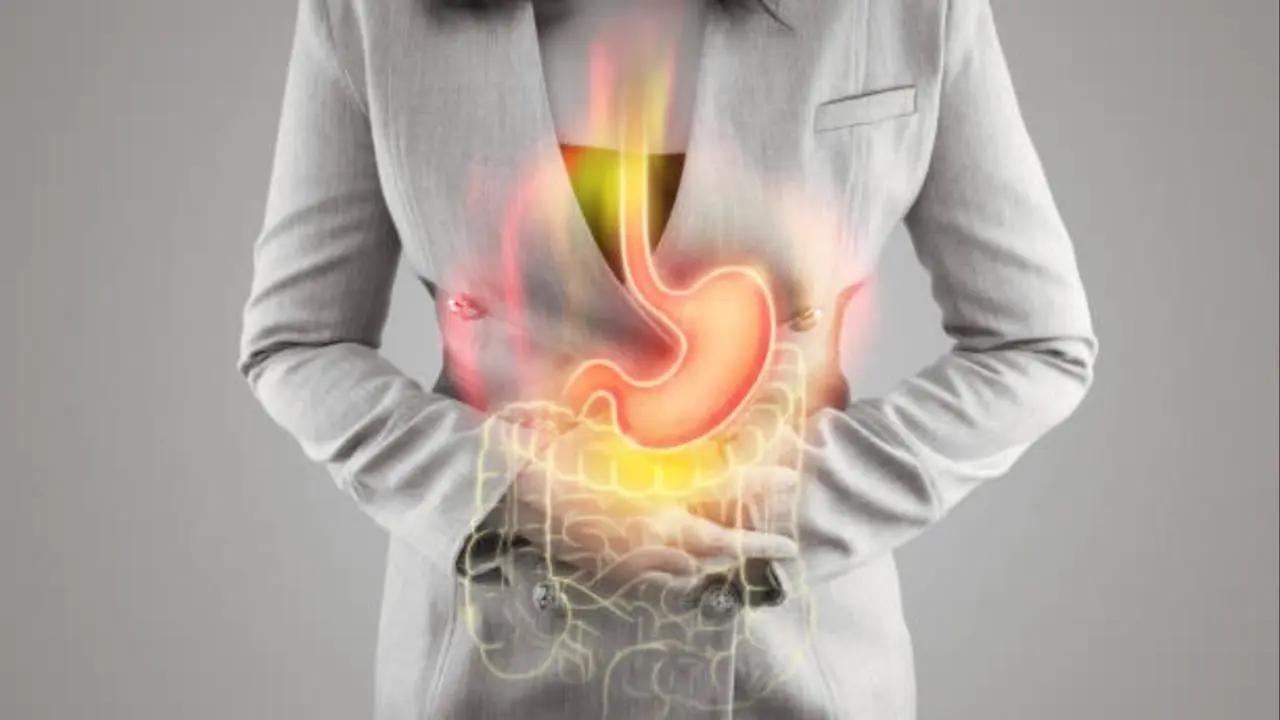Taking acid reflux medications may raise the risk of migraines in individuals already suffering from the debilitating headache, according to a top neurologist.

Image for representational purposes only. Photo Courtesy: iStock
Taking acid reflux medications may raise the risk of migraines in individuals already suffering from the debilitating headache, according to a top neurologist.
ADVERTISEMENT
Dr Sudhir Kumar from Indraprastha Apollo Hospitals, said this, citing a recent study published in the journal Neurology Clinical Practice.
Led by researchers from the University of Maryland in the US, the study showed that acid-reducing drugs, including proton pump inhibitors (PPIs) such as omeprazole and esomeprazole, histamine H2-receptor antagonists (H2RAs), H2 blockers such as cimetidine and famotidine, and antacid supplements, are linked to a higher risk of migraines and other severe headaches than people who do not take these medications.
“In people who are suffering from migraines or other severe headaches, and are taking PPIs or H2RAs for treating gastrointestinal symptoms, it may be worthwhile stopping these medicines to see if their headaches reduce,” the doctor wrote in a post on X.
The study found that PPIs use was associated with a 70 per cent higher risk of migraines and other headaches, while H2RAs use was associated with a 40 per cent higher risk.
“It is possible that these observed associations are related to comorbidity between gastrointestinal (GI) conditions and migraine disease and symptoms, Dr Sudhir explained.
He noted that several studies have observed associations between the presence of migraine and GI conditions, including Helicobacter pylori infection, irritable bowel syndrome, celiac disease, peptic ulcers, gastroparesis and GERD.
“New cases of migraine have been noted after starting PPI/H2RA therapy. Therefore, further studies are needed to establish the cause-effect relationship,” Dr Sudhir said.
Also Read: Kokum butter: Lesser known techniques for skin-lightening
This story has been sourced from a third party syndicated feed, agencies. Mid-day accepts no responsibility or liability for its dependability, trustworthiness, reliability and data of the text. Mid-day management/mid-day.com reserves the sole right to alter, delete or remove (without notice) the content in its absolute discretion for any reason whatsoever
 Subscribe today by clicking the link and stay updated with the latest news!" Click here!
Subscribe today by clicking the link and stay updated with the latest news!" Click here!







